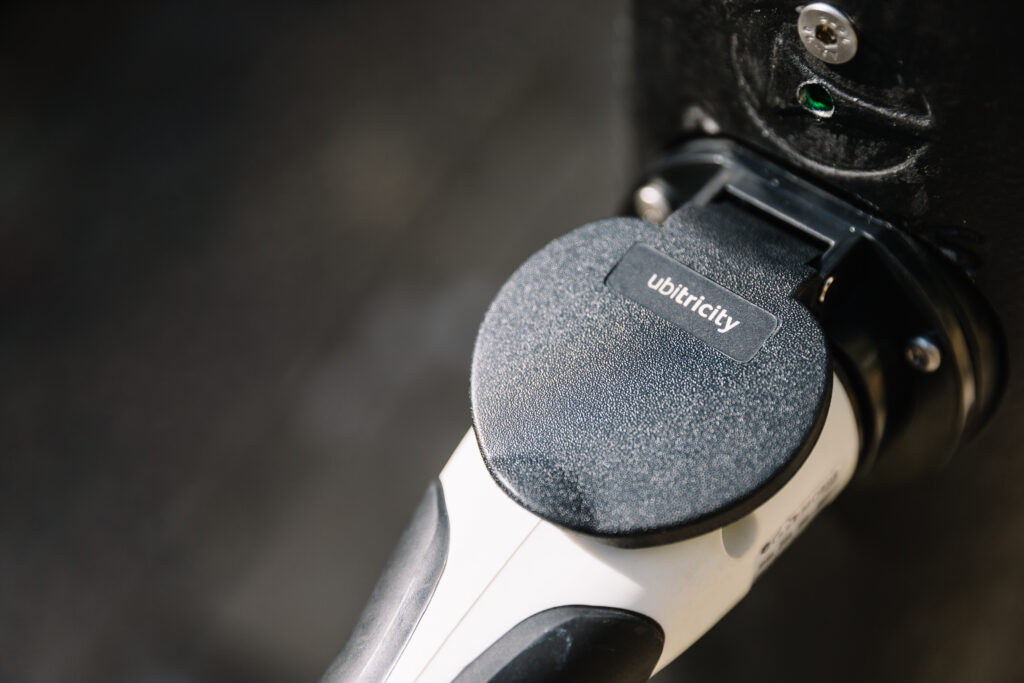Shell has announced a new ambition to install 50,000 ubitricity on-street electric vehicle (EV) charging posts across the UK by the end of 2025.
There are currently around 3,600 ubitiricy chargers installed, which use the existing street infrastructure such as lamp posts and bollards. In order to expand this to reach the new goal, Shell will support local authorities across the country with a financing offer.
In January, the oil and gas giant acquired ubritricity, expanding its role in the EV space having also acquired NewMotion in 2017 and rolled out over 1,000 ultra-fast and fast charging points at approximately 430 Shell retail sites.
Currently, the UK government’s Office for Zero Emission Vehicles (OZEV) meets 75% of the cost of installing on-street chargers as part of its On-Street Residential Charging Scheme (ORCS). Shell will cover the remaining cost subject to commercial terms for local authorities looking to install ubitricity charge posts.
The UK needs 150,000 public charge points by 2025 according to the UK Committee for Climate Change to facilitate the growth of EVs. Over 60% of households in English cities and urban areas do not have off-street parking, a figure that grows to 68% for those living in social housing.
Shell’s target if achieved could therefore meet a third of demand, and will sit alongside its charge points at forecourts, supermarkets, businesses and homes.
“It’s vital to speed up the pace of EV charger installation across the UK and this aim and financing offer is designed to help achieve that,” said David Bunch, Shell’s UK country chair.
“Whether at home, at work or on-the-go, we want to give drivers across the UK accessible EV charging options, so that more drivers can switch to electric.”
According to figures from Zap-Map in August, ubitricity has the biggest market share of any EV charging network in the UK at 14.7%, followed by Pod Point (12.5%), BP Pulse (11%) and ChargePlace Scotland (7.6%). There are over 25,000 public EV chargers installed across the country at nearly 16,000 locations.
But in order to increase the availability of EV chargepoints ahead of the ban on the sale of internal combustion engine cars, installation rates will need to pick up. To further facilitate this transport secretary Grant Shapps announced that funding for the ORCS will continue into 2021/22 in February, with a £20 million funding boost.
Responding to Shell’s new finance offer, transport minister Rachel Maclean added: “As more and more people make the switch to electric, this is a great example of how private investment is being used alongside Government support to ensure that our EV infrastructure is fit for the future. This is crucial as we build back greener and accelerate towards COP26.”





